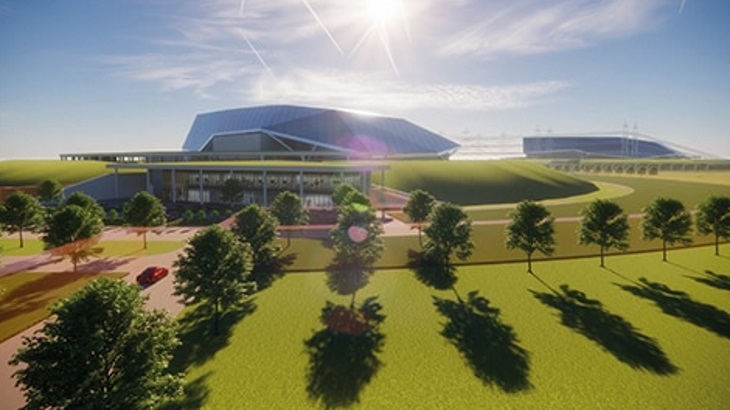The announcement follows the UK's Department for Business, Energy and Industrial Strategy opening last week of the Generic Design Assessment to advanced nuclear technologies. The consortium aims to be the first design to be assessed by UK regulators, in the second half of this year, which will "keep it on track" to complete its first unit in the early 2030s and build up to 10 by 2035.
Tom Samson, CEO of the UK SMR consortium, said: "As we reach the end of our first phase, I’m proud that our team has designed a product that can be commoditised to provide the scale required to be a key part of the world’s decarbonisation efforts. We are ready to go and hope to be first in line to start the rigorous Generic Design Assessment process in the autumn of this year."
In November 2020, the consortium signed a Memorandum of Understanding with US giant Exelon Generation to pursue the potential for Exelon Generation to operate compact nuclear power stations both in the UK and internationally.
The consortium's UK programme is forecast to: create 40,000 regional UK jobs by 2050; generate GBP52 billion (USD73.4 billion) of economic benefit; have 80% of the plant’s components sourced from the UK; target an additional GBP250 billion of exports (memoranda of understanding are already in place with Estonia, Turkey and the Czech Republic); cost initially about GBP2.2 billion per unit, dropping to GBP1.8 billion by the time five have been completed; and operate for at least 60 years; the design proposes that all used fuel will be stored on each site for the lifetime of the plant.
The power station’s design cuts costs by using standard nuclear energy technology used in 400 reactors around the world, "so no prototyping is required", Rolls-Royce said.
The consortium members are: Assystem, Atkins, BAM Nuttall, Jacobs, Laing O’Rourke, National Nuclear Laboratory, Nuclear Advanced Manufacturing Research Centre, Rolls-Royce and TWI.





_83147.jpg)
_87299.jpg)
_52351.jpg)







